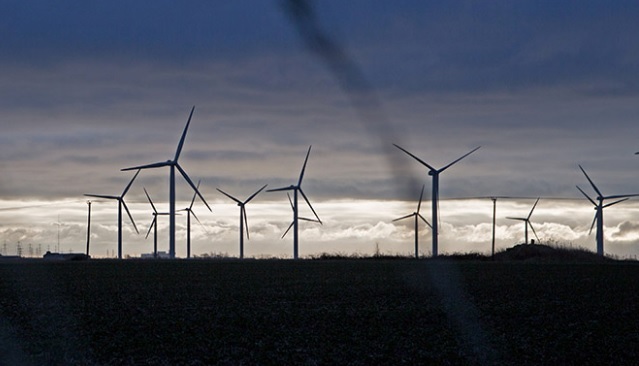The now Macquarie-owned Green Investment Bank must continue to support clean energy infrastructure in the UK if the country is to meet its decarbonisation goals, industry stakeholders have warned.
Last week the government completed its sale of the bank, to be known as the Green Investment Group (GIG) from now on, for a total combined fee of £2.3 billion, representing a profit to the taxpayer of around £186 million.
Daniel Wong, head of Macquarie Capital Europe, said that the investor’s resources would leave the GIG “uniquely placed” to continue its “pioneering role in the world’s transition to a low-carbon economy”.
But despite the government and Macquarie offering assurances that it will retain its green investment agenda, industry stakeholders have issued a stark warning as to the consequences should it deviate.
Nick Molho, executive director of the Aldersgate Group, said that the GIG would be ideally placed to lead private sector investment in green infrastructure projects that will be crucial to the success of the upcoming Clean Growth Plan.
“Delivering the government’s ambitions under the Clean Growth Plan and 25 Year Environment Plan will require supporting novel technologies and business models which may initially struggle to access finance.
“Now that the sale of the GIB is complete and given that the UK’s access to funds from the European Investment Bank is likely to be more restricted after Brexit, the government needs to develop a clear finance strategy in the near future.
“This strategy should aim to crowd in private sector investment in the new technologies and business models the UK will need to deliver on its environmental commitments and build a thriving low carbon economy,” he said.
And Molho’s sentiments were echoed by James Court, head of policy at the Renewable Energy Association, who stressed that the GIG must continue the bank’s work in supporting early-stage renewable technologies.
But the GIG’s new owner may not have endeared itself to the industry early on, having moved quickly to sell-off a number of assets it held at the time of sale.
Bioenergy Infrastructure Group confirmed this morning that it had acquired 20 assets – four biomass and waste to energy facilities, 15 anaerobic digestion plants and one materials recovery site – from the Green Investment Bank on Friday as the GIB’s sale was concluded.
The sale will do little to quell one of the main arguments against Macquarie’s appointment as preferred bidder; that the Australian firm would look to strip the entity of its assets to turn a quick profit.
When the concerns were first raised in January the then-climate change minister Nick Hurd said it was “unreasonable” to expect investors to hold on to assets “forever”.






